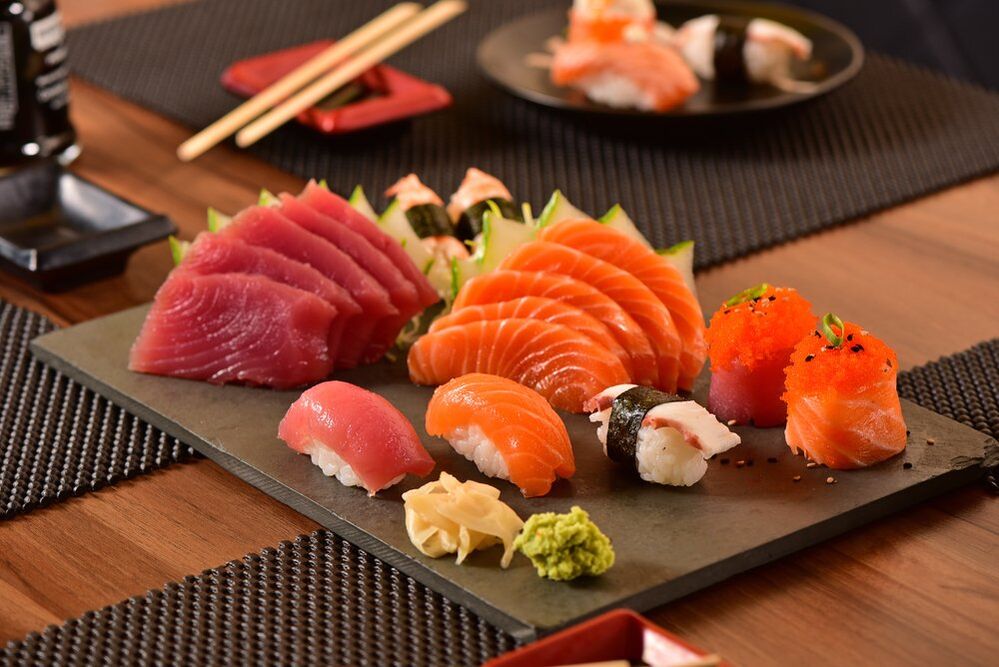It’s no secret that different nations have their own culinary habits and preferences. Japanese cuisine attracts many because there are virtually no overweight people among the inhabitants of the Land of the Rising Sun. The proximity of the sea leaves a trace in the diet, but rice was and remains the most important cereal crop here. The Japanese diet for 14 days has a correct menu, composed of these products, and the rest of the food system has nothing to do with it.
Japanese eating habits
These "small" and very hardworking people mostly eat seafood. Access to the sea ensures their need for protein, which they get along with fish and other sea creatures. The polyunsaturated fatty acids they contain prevent many cardiovascular diseases and reduce the risk of death from heart attack and stroke. This was confirmed by scientists from the Tufts-New England Medical Center, Boston, USA. The love of the Japanese for sushi and rolls is known to everyone, and this nation very often includes seaweed in its menu.
Fermented foods, which have been prepared for more than a thousand years, contribute a lot to weight loss and weight maintenance. But even if you can't get to the traditional miso, you can easily replace it with sauerkraut. Their traditional menu does not include sweets, pastries and pastries. In this country, desserts are eaten in very modest quantities, so those who are attracted to the Japanese diet will have to give them up. But what should accompany almost every meal is tea. Chinese scientists from Zhejiang University have shown that matcha tea water extract has a positive effect on antioxidant status, lipid and glucose levels in a high-fat diet.
What foods can you eat on a diet?

The Japanese diet has nothing to do with those rigid food systems that are so prevalent on the Internet. Why would you starve when you can create a complete and rational menu of seafood and fish, eggs, rice, all kinds of fruits and vegetables. If you want, you can include meat in your diet, but only low-fat varieties - chicken breast, beef, veal, rabbit. It is better to bake, cook or steam, because frying as a cooking process is not typical of Japanese culture, and it has long been proven to be unhealthy.
Here is an example of a one-day menu:
- for breakfast, bread with cheese and tea;
- the second breakfast consists of fruit, like bananas;
- for lunch, cook vegetable soup and steam the fish;
- for afternoon snack, rice porridge;
- prepare a seafood salad for dinner.
The Japanese diet lasts 14 days. During this period, you can lose 1 to 5-7 kg, depending on the weight with which the person started. Of course, you should first consult a specialist, especially one who suffers from diseases of the gastrointestinal tract. They may be advised to include fermented milk drinks more often on the menu - fermented baked milk, kefir, yogurt, but choose only natural with a short shelf life.














































































